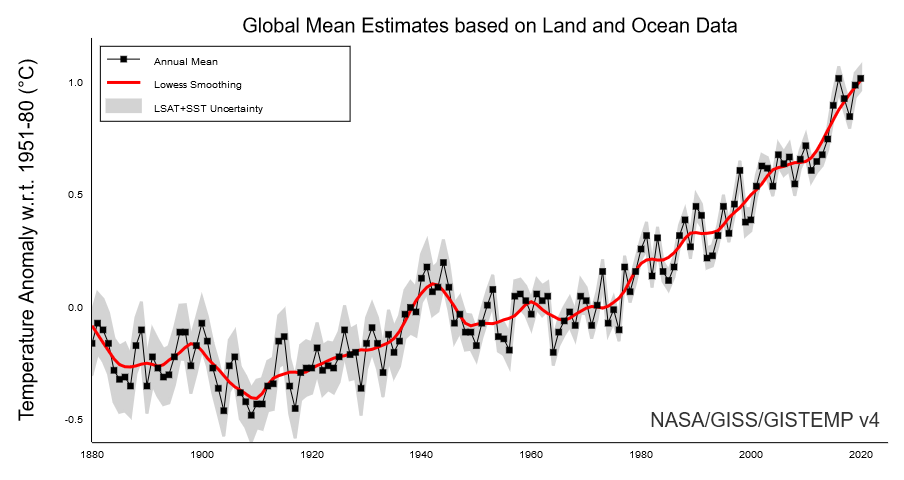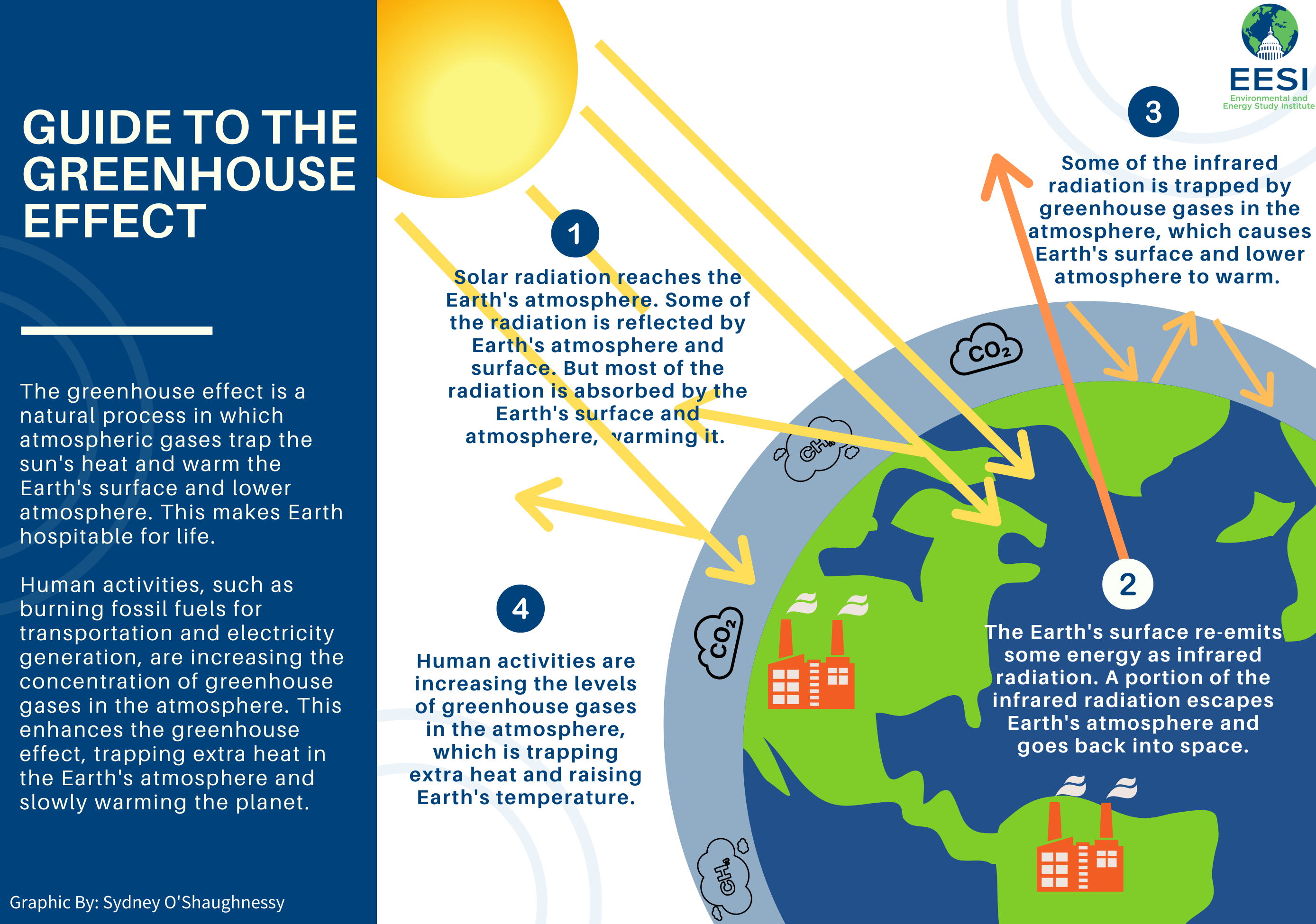Live Preview Powerful Modules & Features
Browse through our collection of modules designed to elevate your website's functionality. Explore live previews to find the perfect solution.
 A paragraph is a series of sentences that are organized and coherent, and are all related to a single topic. Almost every piece of writing you do that is longer than a few sentences should be organized into paragraphs. This is because paragraphs show a reader where the subdivisions of an essay begin and end, and thus help the reader see the organization of the essay and grasp its main points.
A paragraph is a series of sentences that are organized and coherent, and are all related to a single topic. Almost every piece of writing you do that is longer than a few sentences should be organized into paragraphs. This is because paragraphs show a reader where the subdivisions of an essay begin and end, and thus help the reader see the organization of the essay and grasp its main points. A paragraph is a series of sentences that are organized and coherent, and are all related to a single topic. Almost every piece of writing you do that is longer than a few sentences should be organized into paragraphs. This is because paragraphs show a reader where the subdivisions of an essay begin and end, and thus help the reader see the organization of the essay and grasp its main points.
A paragraph is a series of sentences that are organized and coherent, and are all related to a single topic. Almost every piece of writing you do that is longer than a few sentences should be organized into paragraphs. This is because paragraphs show a reader where the subdivisions of an essay begin and end, and thus help the reader see the organization of the essay and grasp its main points. A paragraph is a series of sentences that are organized and coherent, and are all related to a single topic. Almost every piece of writing you do that is longer than a few sentences should be organized into paragraphs. This is because paragraphs show a reader where the subdivisions of an essay begin and end, and thus help the reader see the organization of the essay and grasp its main points.
A paragraph is a series of sentences that are organized and coherent, and are all related to a single topic. Almost every piece of writing you do that is longer than a few sentences should be organized into paragraphs. This is because paragraphs show a reader where the subdivisions of an essay begin and end, and thus help the reader see the organization of the essay and grasp its main points.Global warming refers to the increase in average global temperature since the Industrial Revolution. The average global temperature has increased by about one degree Celsius (1.8 degrees Fahrenheit) since 1880. Global warming is an ongoing process; scientists expect the average global temperature to rise an additional 0.3 to 0.7 degrees Celsius (0.54–1.26 degrees Fahrenheit) through 2035.

Land and ocean temperature index from 1880 to 2020, using 1951-1980 as the base period. |
Certain gases, such as carbon dioxide and methane, trap the sun's heat in Earth’s atmosphere. These greenhouse gases (GHGs) exist naturally in the atmosphere and help keep the Earth’s surface warm enough to sustain life. Without greenhouse gases, the average temperature on Earth would be zero degrees Fahrenheit, instead of today's roughly 58.3 degrees Fahrenheit.
Human activities, notably the burning of fossil fuels (i.e., coal, natural gas, and oil) to power vehicles, factories, and homes, release carbon dioxide and other greenhouse gases into the atmosphere. Other activities, including deforestation (cutting down trees) and raising livestock, also emit greenhouse gases.
Higher concentrations of these greenhouse gases in the atmosphere trap more heat on Earth, causing an anthropogenic (i.e., human-caused) rise in global temperatures. Climate scientists agree that human activity is the main driver behind the global warming we are experiencing.
The terms climate change and global warming are often used interchangeably, but climate change broadly refers to persistent changes in average weather (e.g., temperature, precipitation, humidity, wind, atmospheric pressure, ocean temperature, etc.) while global warming narrowly refers to a rise in the Earth’s average global temperature.
Climate change can refer to natural fluctuations in the Earth’s average temperature throughout geologic time, between cold periods (glacial periods, known as ice ages) and warm periods (interglacial periods).
The climate change we are currently experiencing, however, is caused by human activity (see question 2). Scientists have concluded that, over the last 50 years, the Earth’s surface should have been cooling slightly based on natural factors, like solar intensity and volcano activity; instead, the increased burning of fossil fuels has led to global warming—and at a significantly faster rate than at any time over the last 800,000 years.



